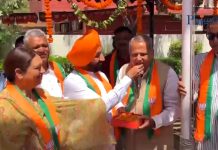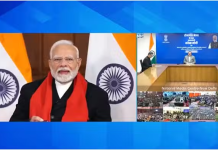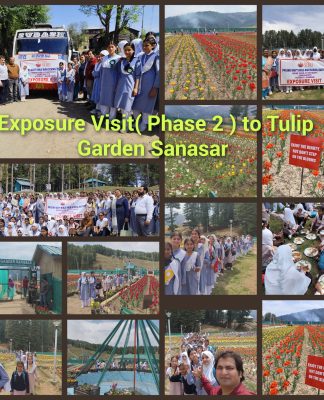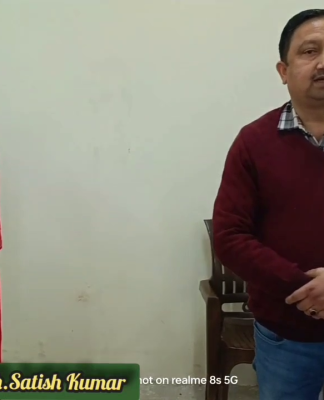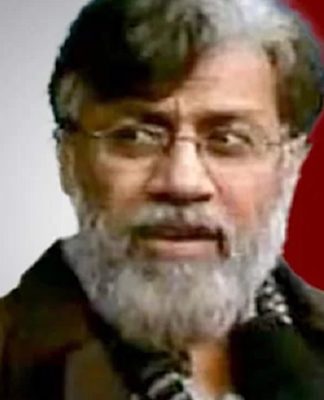Unmanned and remotely piloted aircraft or drones finally received the policy nod to fly over Indian skies.
The government formalised its first policy allowing drone flights on Monday. Prior to this, flying drones was a punishable offence under Aircraft Act and the Indian Penal Code, citing threat to security.
“Drones are a more than $1 billion market. Today is a big day for Indian aviation as we set eyes to unlock this market in India,” said Suresh Prabhu, Union minister for civil aviation, after the launch of Drone Regulation 1.0 on Monday.
“India is known for it’s cost-effective technology and can become a global leader in drone technology innovations,” said Prabhu.
The government foresees several applications of remotely operated drones in the areas of precision agriculture, aerial surveys and aerial photography among others. So far, the policy allows all kinds of drone flights—except for delivery of payloads, spraying of insecticides and flights over certain prohibited areas.
The current policy classifies drones into five categories—nano, micro, small, medium and large, depending on weight of drones.
According to the policy, drone flights are so far possible only till a height of 400ft or the visual range of sight. “Flights beyond 400ft by drones is being looked at in the upcoming second policy for drones,” said Junior Aviation Minister Jayant Sinha, who is also chairing the drone task force, the policy framing body with ministry of home affairs.
Among other things, the government plans to have 23 facilities to test various applications like delivery of payloads and other drone technologies. “These applications will be cleared subject to their successful testing at these facilities,” said Rajiv Narayn Choubey, secretary, ministry of civil aviation.
As part of the new policy, the government plans to have an online portal which will process registration applications for drones, drone pilots and operator licence renewals. This portal—Digital Sky—would also register flight plans prior to drone flights and provide required permissions.
“At a later stage, the Digital Sky platform will be connected with all police stations in any particular district,” said Choubey. The platform is expected to be online and functional from December 1 this year.
Given the security concerns over flying of drones, the government is also working on an elaborate strategy to round up rogue drones. “We are developing the technology for this,” the civil aviation secretary said.
Besides, the government is likely to seek a number of features like ‘no permission-no flight’, facility to return to base and others, to be built into drones that are to be either manufactured or imported and sold in India.















